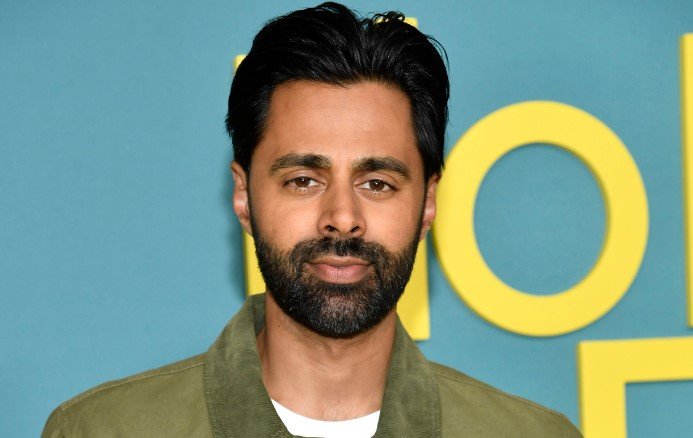Hasan Minhaj, the former host of Netflix’s Patriot Act and a correspondent on The Daily Show, has released a video response to a New Yorker article that questioned the authenticity of some of his stand-up stories. The article, published in September, suggested that Minhaj had exaggerated or fabricated some of his personal experiences as a Muslim American and an Asian American for comedic effect.
In the video, titled “My Response to The New Yorker article”, Minhaj says he feels “horrible” that he let some of his fans down, but he also defends his artistic choices and accuses the magazine of being “needlessly misleading” about him and his comedy. He says he used “emotional truths” to express himself and drive home larger issues affecting him and his community.

Minhaj addresses three stories that the New Yorker disputed
The video focuses on three stories that Minhaj told in his Netflix specials Homecoming King and The King’s Jester, which the New Yorker article challenged based on interviews with people who were involved or witnessed the events.
The first story is about Minhaj’s high school prom, where he says he arrived to pick up his white date only to find another boy at her house, and that her parents didn’t want their daughter in pictures with a brown boy. The New Yorker article claims that the girl, given the pseudonym “Bethany”, had actually turned Minhaj down days earlier, and that her parents were not racist.
Minhaj admits that he changed some details of the story, such as the timing and location of the rejection, but he says he did so to make it more dramatic and relatable. He also says that Bethany’s parents were indeed racist, and that they had told him not to come to their house. He shows a screenshot of a text message from Bethany confirming this.
The second story is about an FBI informant who infiltrated Minhaj’s family’s mosque in Sacramento in 2002, when Minhaj was a junior in high school. Minhaj says the informant, a white man named Brother Eric, befriended him and offered to teach him weight training. He also says that Brother Eric tried to entrap him and other Muslim teens by asking them about jihad and Osama bin Laden.
The New Yorker article says that there was no evidence of Brother Eric being an FBI informant, and that he was actually a genuine convert to Islam who had a troubled past. The article also quotes several people who knew Brother Eric and said he was not a threat to anyone.
Minhaj says that he was not making up the story, and that he had witnessed Brother Eric asking him and other teens about jihad. He also says that Brother Eric had admitted to being an FBI informant in a recorded phone call with another mosque member, which he plays in the video. He says that Brother Eric was part of a larger pattern of FBI surveillance and entrapment of Muslim Americans after 9/11.
The third story is about Minhaj’s daughter being hospitalized in an anthrax scare in 2019, after he received a letter containing white powder at his office. Minhaj says he rushed to the hospital with his wife and daughter, where they were quarantined and tested for anthrax exposure. He also says that he received death threats from white supremacists after this incident.
The New Yorker article says that Minhaj’s daughter was never hospitalized, and that the letter contained baking soda, not anthrax. The article also says that Minhaj did not receive any death threats related to this incident.
Minhaj says that he did not lie about his daughter being hospitalized, and that he has medical records to prove it. He also says that he did receive death threats from white supremacists, and that he has screenshots of them. He says that he told this story to show how vulnerable he felt as a father and as a public figure.
Minhaj says he stands by his comedy
Minhaj concludes his video by saying that he stands by his comedy, and that he hopes his fans understand his intentions. He says that he is not a con artist who uses fake racism and Islamophobia to advance his career, but rather a storyteller who uses humor to cope with trauma and injustice.
He also says that he respects the New Yorker as a journalistic institution, but he wishes they had been more fair and accurate in their reporting. He says that he gave them all the evidence they needed to verify his stories, but they ignored it or twisted it.
He ends the video by thanking his fans for their support, and saying that he will continue to make comedy that speaks truth to power.






